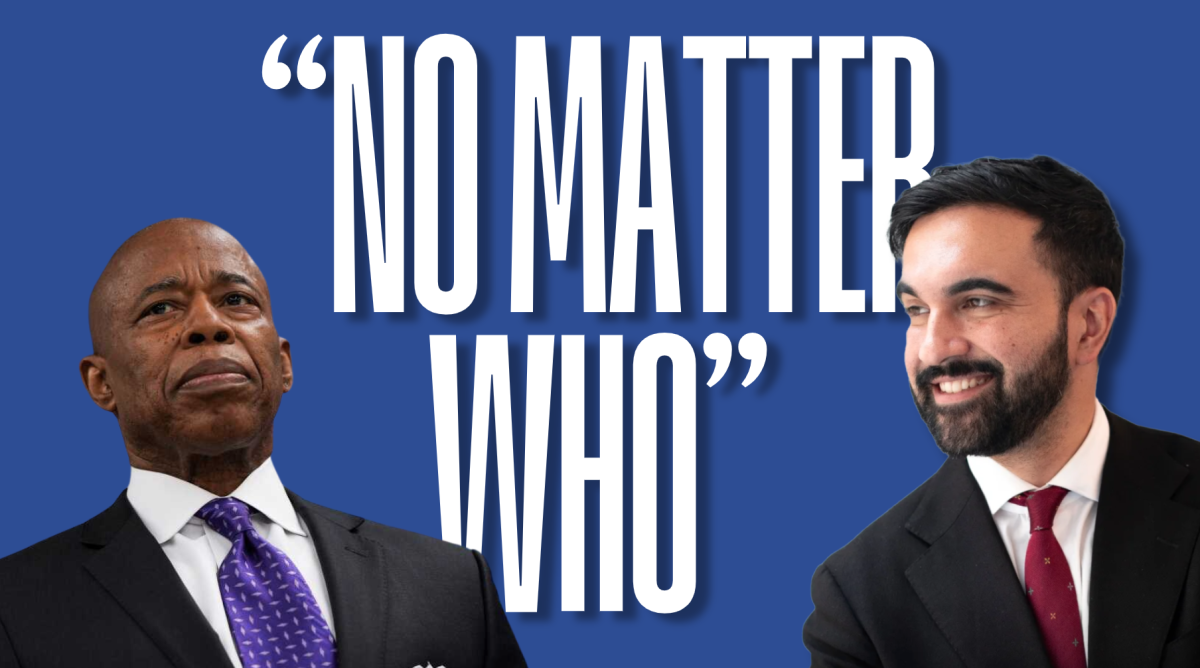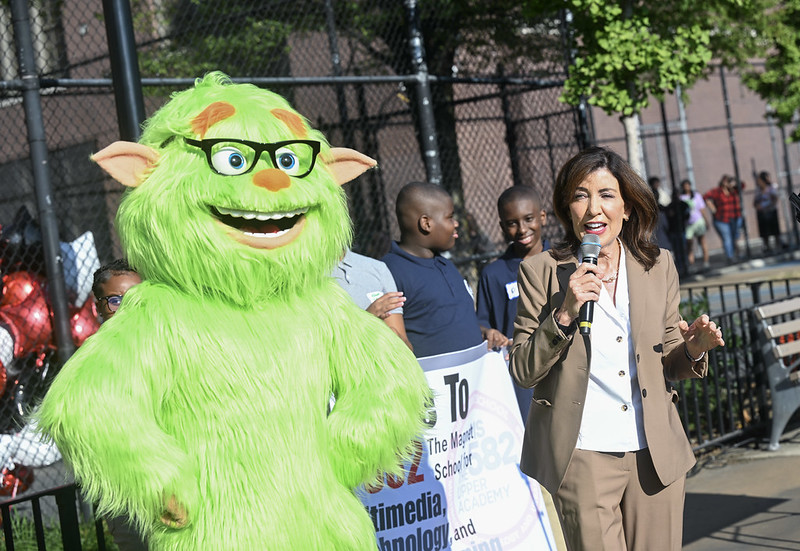Hasan Minhaj, comedian and writer of “The Daily Show,” has been caught embellishing some of the stories told in his stand-up specials. Mainly performing political satire, his stories were meant to be insightful. In reality, they were only endorsements of his confirmation bias.
While any seasoned comic would admit to embellishing stories in their acts for comedic effect, not all jokes are created equal. The difference with Minhaj’s fake stories is that he has never truly been portrayed as just a comedian in mainstream media. Since his first Netflix special “Homecoming King” in 2017, critics and the media have praised him for his nuanced perspectives on race and culture in the United States.
Scrolling through the reviews of the special, many people resonated with his personal stories about navigating life as the son of immigrant parents in the United States. One story, in particular, that resonated with viewers was when he talks about the time a white classmate rejected his invitation to homecoming because he was Indian. The New Yorker later revealed the story was fabricated, but not before the woman had been harassed online. With that in mind, the lie created a joke that portrayed himself as a martyr for racism in the United States and vilified an innocent woman.
Another lie told in the special was that Minhaj attended the Saudi Arabian Embassy on the same day that Jamal Khashoggi had been assassinated. This was not the case as he attended the embassy the month prior. The perceived authenticity of his stories was the initial reason viewers connected with his comedy special. However, in hindsight, it becomes clear that Minhaj’s fabrications served as a means for him to elevate his own sense of importance.
The 2017 comedy special would be the beginning of a pattern of behavior for Minhaj as stories told in his 2022 Netflix special “The King’s Jester.” Although, the lies told in his 2022 special feel bolder than the ones made in 2017. In one of Minhaj’s stories, he recounts an incident from his childhood when his mosque was infiltrated by an undercover FBI agent due to unjust suspicions of terrorism. Minhaj’s story supposedly refers to Craig Monteilh, an FBI agent who was, in fact, tasked with going undercover to different mosques as a form of counterterrorism. However, a significant issue with Minhaj’s narrative is that Monteilh was actually jailed at the time Minhaj’s story is set, making it impossible for the story to be verifiable.
Some have argued that although the story is fake, Minhaj is shedding light on an important societal discussion about the history of unjust surveillance of Muslims in the United States. Their argument points to the fact that there is an extensive track record of U.S. government officials unrightfully persecuting Muslim Americans for the sake of “counterterrorism.” While there is merit to this argument, the real question is why does Minhaj have to be the center of the story? If he did not create an elaborate tale that made him an actual witness to the undercover FBI agent, could he not think of another way to talk about such surveillance existing? One could argue that he simply lacks the creativity needed to talk about such complex issues as racism towards Muslims in a way that is not through a personal anecdote. Or, one could argue that this lie, like the lies told in “Homecoming King,” only serves to boost his own sense of significance.
Another fake story told in “The King’s Jester” was that he rushed his daughter to the hospital after she had opened a letter filled with anthrax that was addressed to Minhaj. Unlike the other lies, Minhaj admitted that this story was fabricated and based on the time he received a letter filled with a powdery substance. Although he admitted the story did not happen, this lie is another instance of Minhaj instilling self-importance into his act as there is an implication from the story that he is such an important, disruptive figure that people attempt to legitimately threaten his life.
In both of the previously mentioned comedy specials, Minhaj does not embellish stories, rather he just makes them up almost entirely. From story to story, Minhaj takes a shred of truth and stretches it into a story where he is the protagonist. This is problematic because Minhaj’s stories are meant to be insightful and authentic to the reality of growing up as a minority in the United States. Additionally, “The Daily Show” and “Patriot Act” have developed from being seen as comedy programs to ways for people to keep up with current events in a fun, entertaining way. In the eyes of the public, Minhaj is more than just a comedian, he has an elevated level of social credibility that not many other comedians are privy to. His political opinions and ideas are trusted more than others. For that reason, lying should be very damaging to his career.
Zachary Badalamenti, FCRH ’25, is a journalism major from Oakland, Calif.










































































































































































































